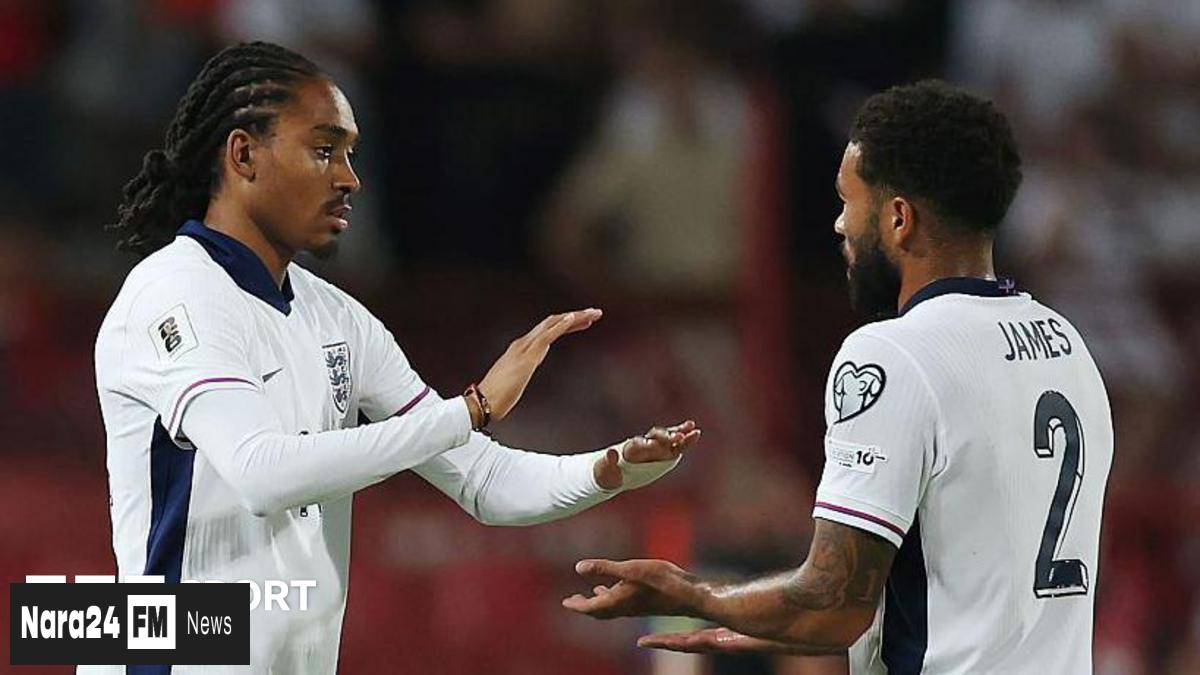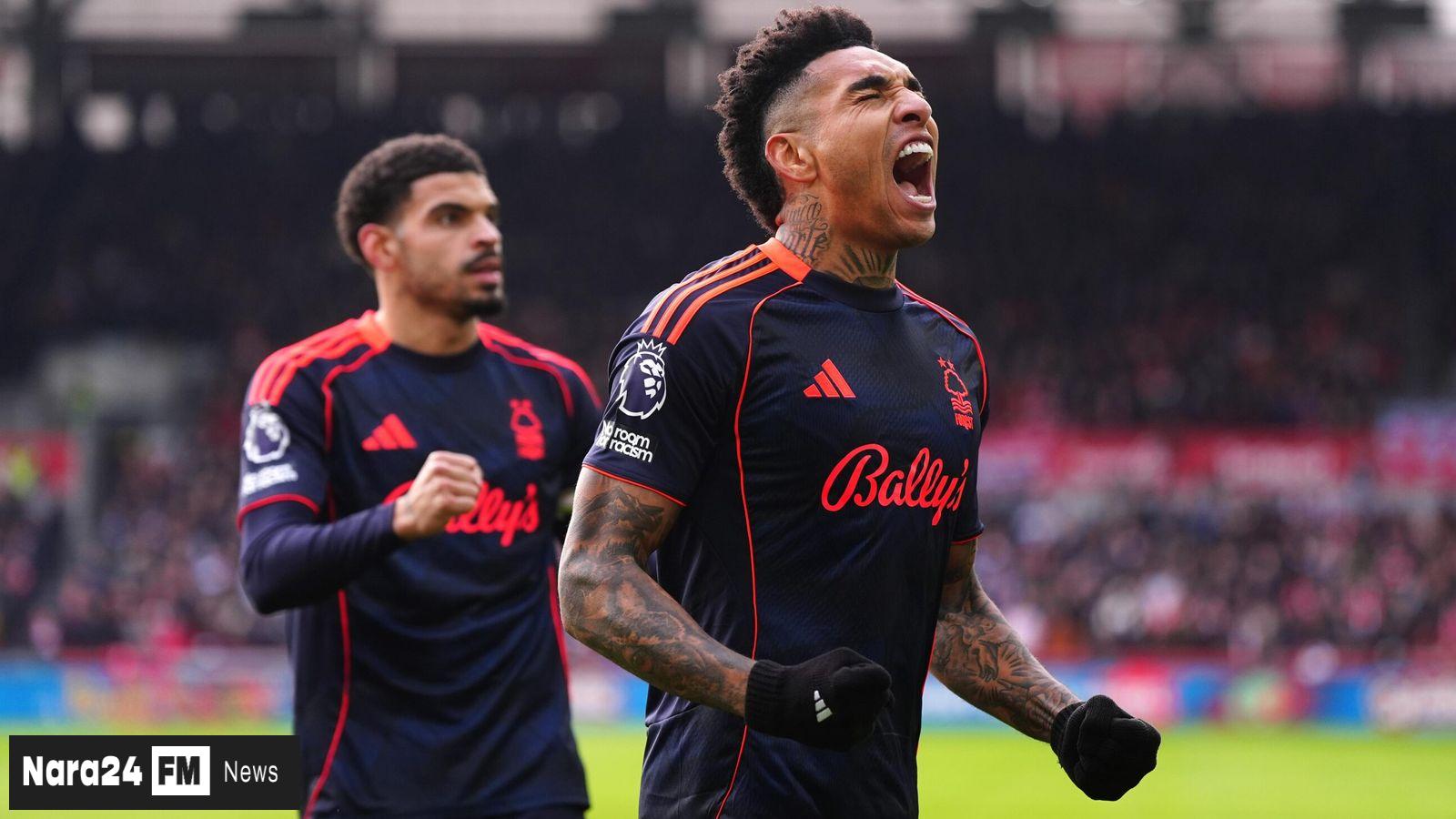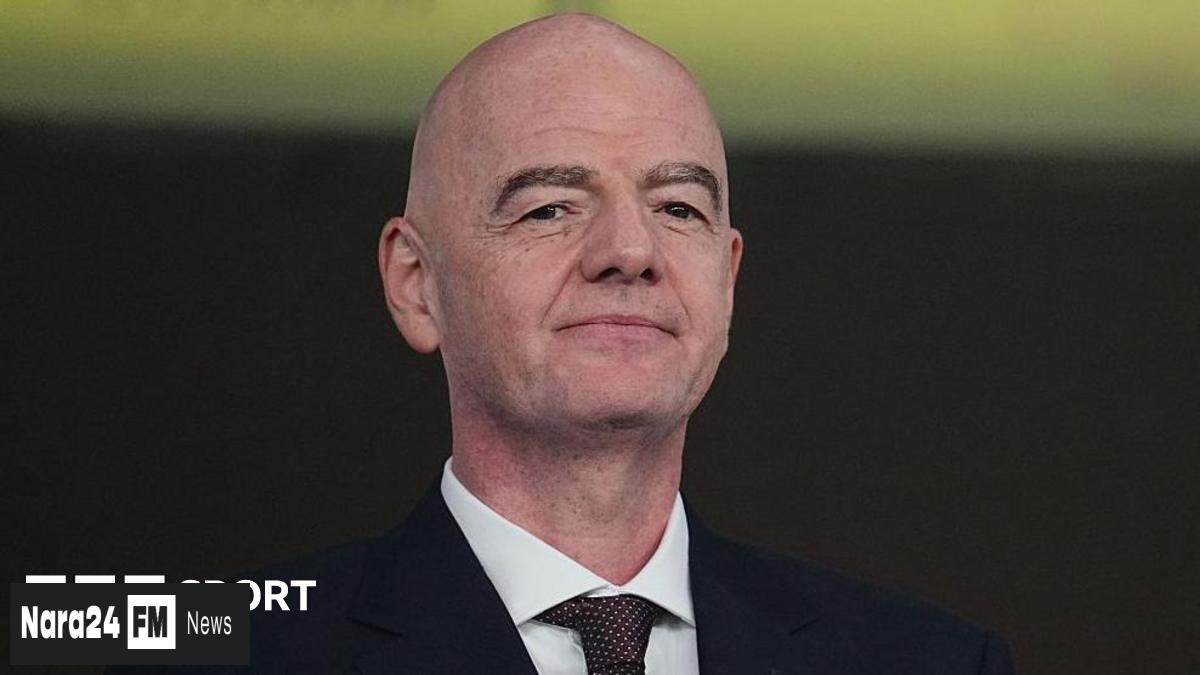Djed Spence's Historic England Debut Marks a New Era for Muslim Footballers
On Tuesday, 9 September 2025, Djed Spence etched his name into football history by becoming the first Muslim to play for England’s senior men’s team during a World Cup qualifier against Serbia. The 25-year-old Tottenham Hotspur full-back’s appearance not only celebrated his personal journey but also symbolized a breakthrough for Muslim athletes in British football.
“I was surprised because I didn’t know I was the first, so it’s a blessing,” Spence said after the 5-0 victory. “It’s good to make history and hopefully inspire young kids around the world that they can make it as well.”
Spence, who often shares religious messages on social media, has openly tied his faith to his identity and career. “Whatever religion you believe in, just believe in God,” he remarked. “God is the greatest for me personally, and he never lets you down.” His emotional reflection on the milestone highlighted the challenges he overcame to reach this moment.
For the UK Muslim community, Spence’s inclusion represents a pivotal step toward greater visibility and representation. Ebadur Rahman, founder of Nujum Sports, emphasized the significance: “Djed has a big responsibility on his shoulders. He’s not just playing for England—he’s playing for Muslims globally, breaking a long-standing barrier.”
Yunus Lunat, a grassroots coach and former FA race equality advisor, noted that many young Muslim players in the UK aspire to represent England. “Every Muslim athlete I’ve worked with dreams of playing for the national team. Now, that dream is becoming a reality.”
Despite progress, the representation of Muslim players in English football remains limited. Nujum Sports estimates around 250 Muslim athletes compete in the four major leagues, yet few have earned senior caps. Prominent examples include Zesh Rehman, who played for England’s youth teams before switching to Pakistan, and Hamza Choudhury, who represented Bangladesh after seven U21 appearances. These cases underscore the lack of role models and systemic barriers faced by Muslim players.
Ellington, a former professional who converted to Islam in his mid-20s, shared insights on the challenges. “When you first become Muslim, you often face misunderstandings in football clubs. People might not know how to support your faith, like accommodating prayer times or dietary needs.” He added that education and awareness are critical to fostering inclusivity.
Riz Rehman, brother of Zesh Rehman and PFA player inclusion executive, highlighted the importance of tailored support. “Clubs need to engage with Muslim players’ needs, whether it’s providing prayer spaces or adjusting training schedules during Ramadan. It’s not easy, but with proper resources, it can be achieved.”
Spence’s rise has also prompted discussions about evolving perceptions in football. “His inclusion shows that background or culture doesn’t define talent,” Ellington said. “It’s a chance to challenge stereotypes and create a more inclusive environment for all players.”
As Spence continues his career with England, his story serves as a beacon for future generations. The journey toward greater diversity in football is ongoing, but his debut marks a vital chapter in the sport’s progress toward inclusivity.








Comments (0)
Leave a Comment
Be the first to comment on this article!